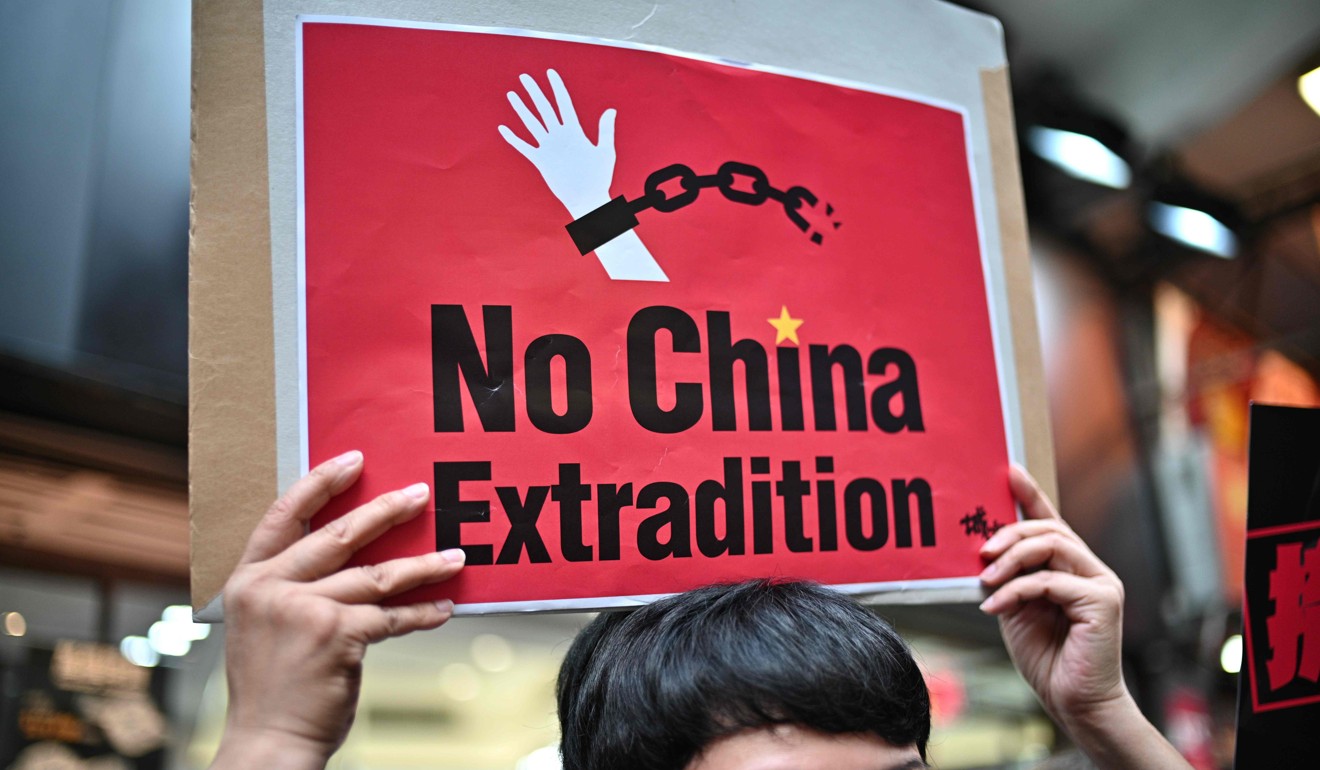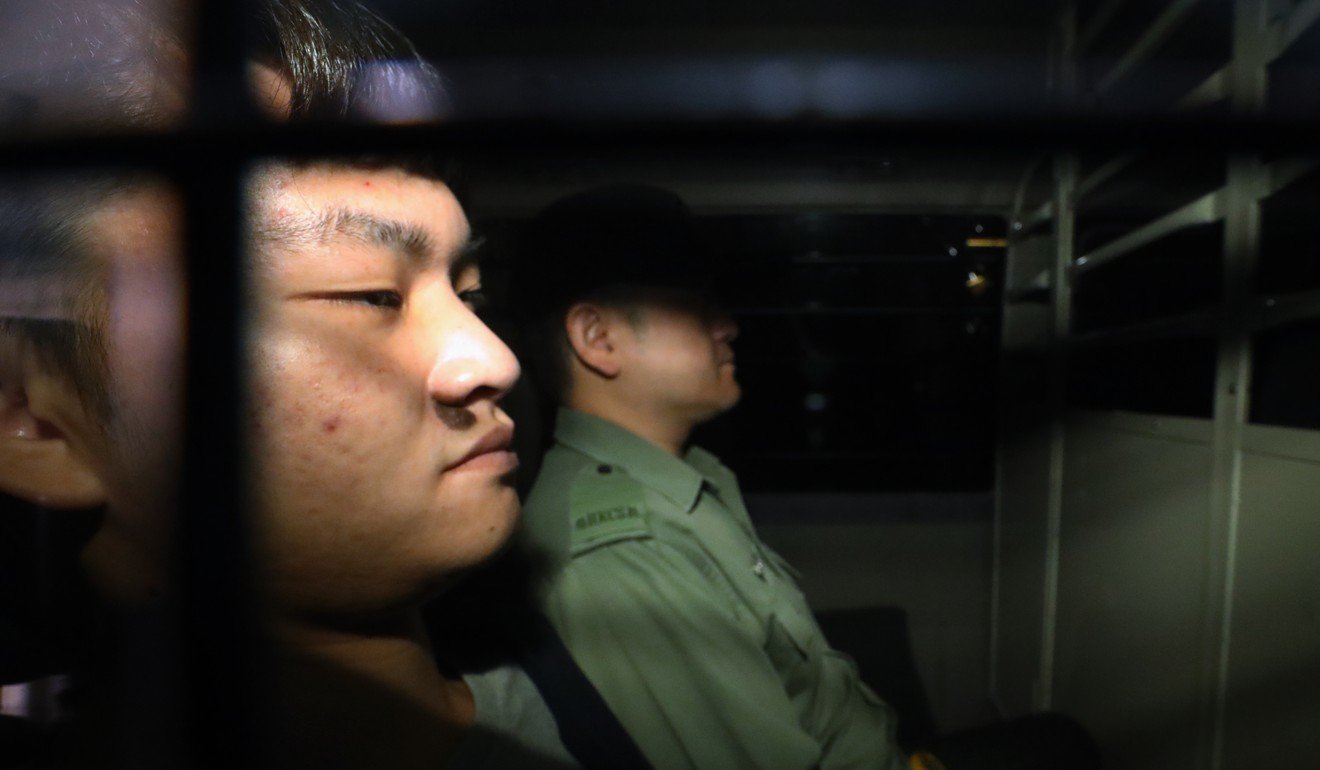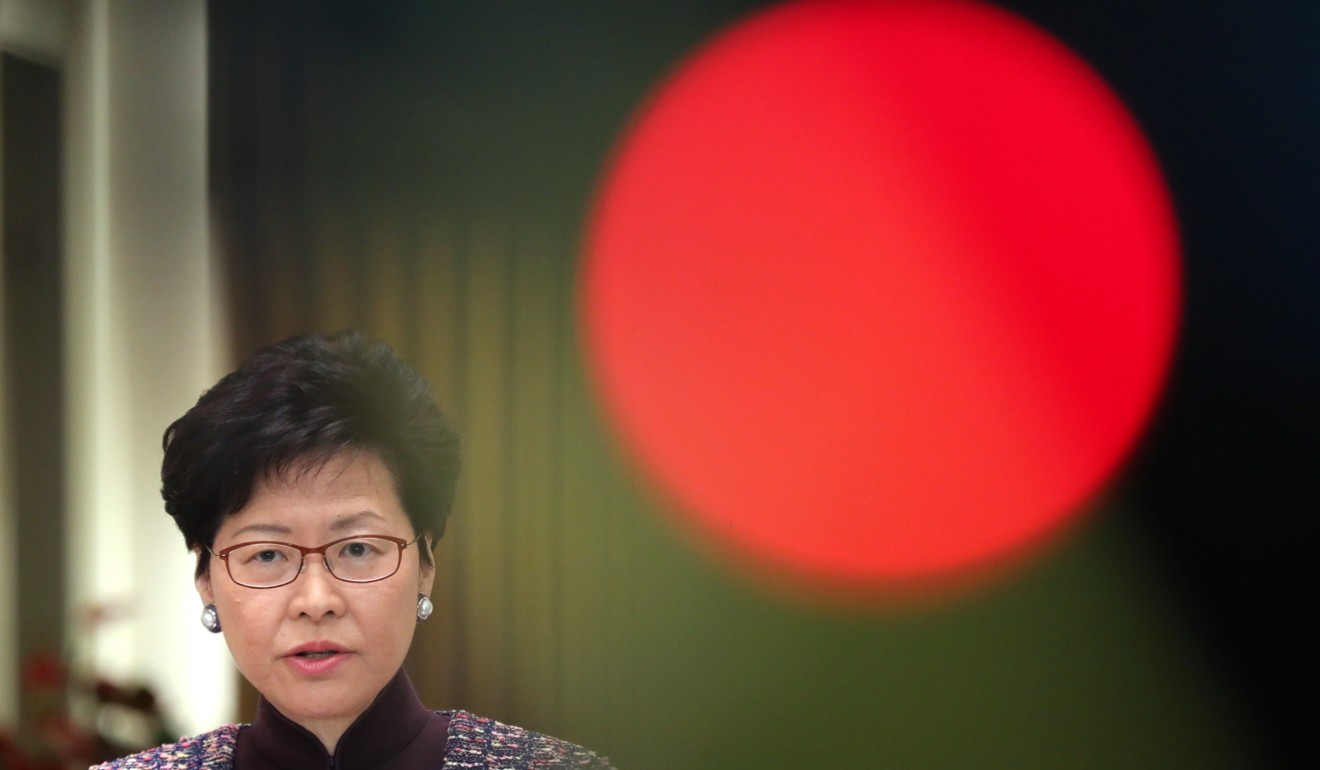
After Hong Kong’s extradition bill is passed, what next?
- Getting legislation on statute book is just start of government’s problems, with implementation to serve as diplomatic flashpoint amid cross-strait and international tensions
Public sentiment against the government’s contentious extradition bill is plain to see in the crowds taking to the streets in protest, with Sunday’s mass rally reflecting the height of opposition.
The bill is bound to be passed this summer, as the government has secured enough support from its allies in the Legislative Council to produce the number of votes it needs.
That looks like a done deal, but what has not been touched upon much is the question of how viable the new law is, if it is to be implemented without making the city pay a further price.

In any policymaking, the process matters more in many senses, and a review of how the issue has developed into a full-blown controversy can be telling when it comes to the unique nature of Hong Kong as a special administrative region governed by the “one country, two systems” formula.
This is local legislation in theory, but admit it or not, in reality this involves complicated features at a sensitive, or even bad, time for the government.
How Hong Kong extradition law works – and proposed changes
Firstly, there is the Taiwan factor.
But that was followed by a twist as Taiwan entered its presidential election campaign period, with pro-independence incumbent Tsai Ing-wen saying “no” to the bill, which she regarded as undermining Taiwan’s status under the “one-China” principle.
To complicate matters, Taiwan police, who had earlier sought help from their Hong Kong counterparts to hunt down the fugitive, had nothing more to say.

Last week, when Chief Executive Carrie Lam Cheng Yuet-ngor was grilled by opposition lawmakers on which department in Taiwan would initiate extradition requests in future, she replied that her administration would discuss it with the “authorities concerned” on the island.
By tossing the ball into Taiwan’s court, it is understood that the Hong Kong government can take the moral high ground if Taipei eventually refuses to take back the murder suspect for political reasons.
Then, of course, there is the critical mainland China factor.

Beijing started as a passive supporter, if not just an observer, but later jumped into the troubled water to actively back Lam’s campaign and canvas votes for the bill.
The message was loud and clear: Beijing would not accept the opposition camp’s efforts to block the bill, especially with some taking their case to Washington.
The high-profile concerns and resistance from foreign business chambers and their governments also made Beijing uncomfortable and suspicious, against the backdrop of a deteriorating US-China trade war.
Judge warned after name appears on petition against extradition bill
While the pro-establishment camp, willingly or under pressure, has thrown its full support behind the bill, a practical uncertainty is looming for the government’s allies – the possibility of a political backlash in the November District Council election and the 2020 Legco contest.
To say now that the timing is bad for the introduction of the bill does not mean much, but looking forward, getting it passed will be just the beginning of a long and rough ride for the government.
With all the political stigmas, cross-strait tensions and highly unpredictable China-US relations, how the bill can be used without triggering even bigger political storms will be something to watch out for.
And whether it is worth the price Hong Kong will have to pay, with all the foreseeable political strife caused by the bill, is a matter that calls for deep reflection in future policymaking.

